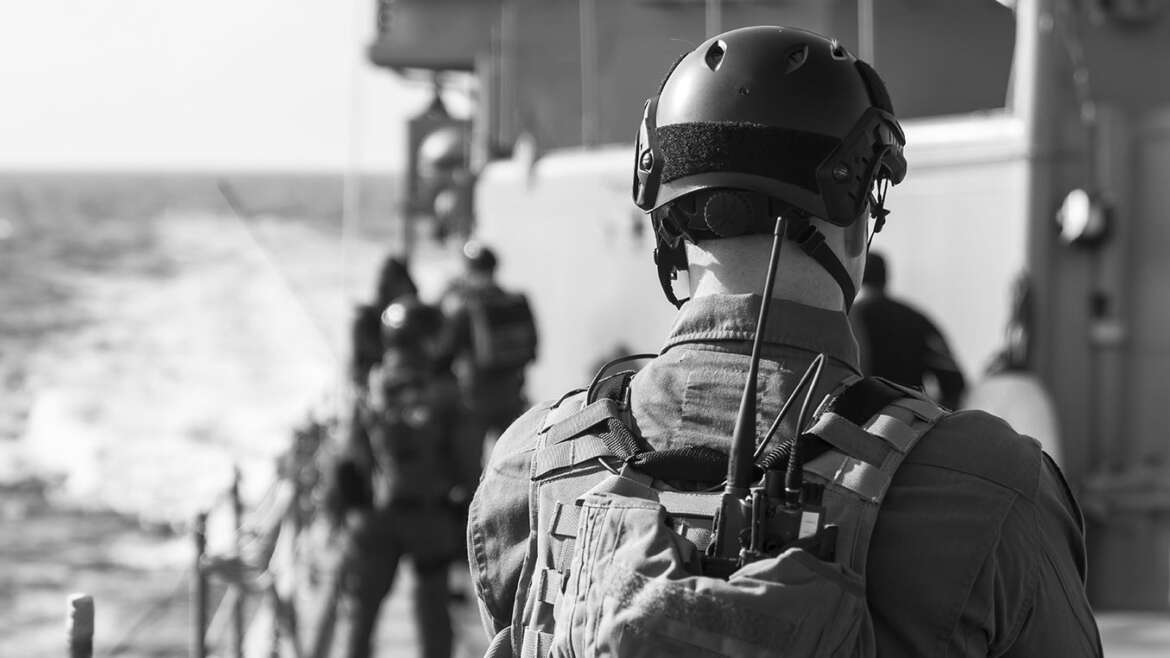Maritime security contractors are private companies that offer specialized services to protect vessels, ports, offshore installations, and other maritime assets from security threats such as piracy, terrorism, smuggling, and theft. Their roles often involve:
1. Armed Security Teams
•Deploying armed personnel on board vessels to deter and respond to piracy or other hostile activities.
•The presence of armed security is particularly common in high-risk areas like the Gulf of Aden, the Indian Ocean, and the Gulf of Guinea.
2. Anti-Piracy Operations
•Implementing measures to prevent or counter pirate attacks on ships.
•Conducting risk assessments to recommend best practices, such as route adjustments, travel speed, and the use of physical barriers on vessels.
3. Surveillance and Reconnaissance
•Providing aerial, surface, and underwater surveillance to monitor potential threats.
•Utilizing drones, radar, or other technologies to detect suspicious activities.
4. Training Services
•Offering training programs for ship crews on security protocols, anti-piracy drills, and emergency response procedures.
•Training can also include firearms use and defensive maneuvers in case of hostile boarding.
5. Escort Services
•Providing convoy escorts for vessels traveling through high-risk waters.
•Escort vessels or armed support can help deter potential attacks by demonstrating a readiness to respond.
6. Port and Offshore Facility Security
•Securing maritime infrastructure like ports, oil rigs, and offshore platforms from various threats.
•This may involve physical security measures, surveillance, and access control systems.
7. Maritime Risk Consultancy
•Offering advisory services on maritime threat assessment and risk mitigation strategies.
•Consultants may work with shipping companies to establish comprehensive security policies and crisis management plans.
Regulations and Challenges
•Maritime security contractors must navigate complex international regulations, including laws on the use of firearms at sea and the legal status of security personnel.
•The industry is also governed by standards such as the International Ship and Port Facility Security (ISPS) Code and guidelines from organizations like the International Maritime Organization (IMO).
Contractors in this field require personnel with backgrounds in military, law enforcement, or maritime security, given the specialized skills needed for the job.

